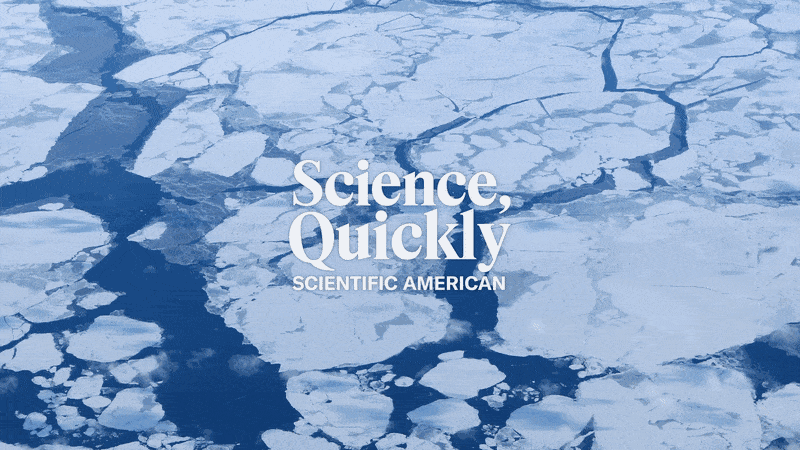As Arctic Ice Vanishes, Scientists Turn to AI to Improve Melting Forecasts
-
Arctic sea ice is melting rapidly, making traditional forecasting methods outdated. Scientists are turning to AI and machine learning to improve predictions.
-
AI models like PolArctic and IceNet are showing early promise in sea ice forecasting, sometimes outperforming physics-based models.
-
AI models can provide higher resolution, localized forecasts to aid Arctic shipping and resource development. But the "black box" nature of AI poses explainability challenges.
-
Long-term climate modeling still relies heavily on physics and statistics. Combining these with machine learning may yield the most accurate forecasts.
-
Incorporating Indigenous knowledge into training data could further boost AI model accuracy, says Alaska Native AI expert Leslie Canavera.
